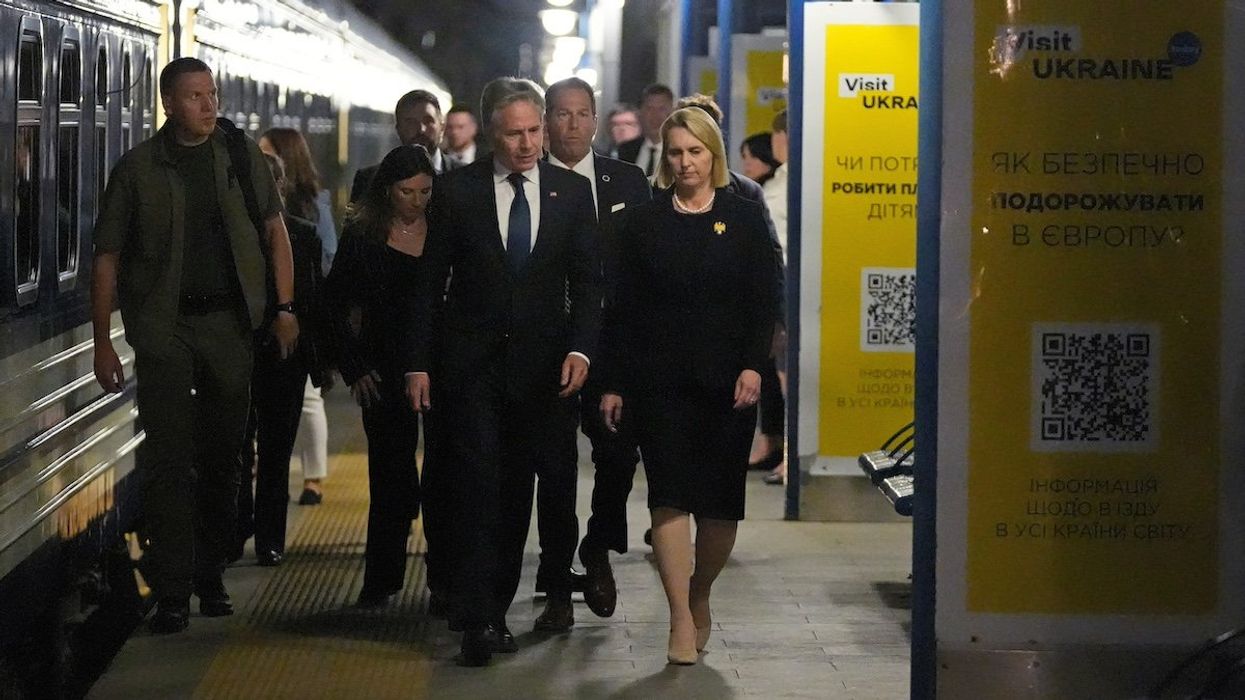What We're Watching
Will the US let Ukraine use long-range missiles against Russia?
US Secretary of State Antony Blinken and UK Foreign Secretary David Lammy suggested during a visit to Kyiv on Wednesday that their governments might reconsider prohibitions on letting Ukraine use Western weapons to hit targets inside Russia.
Sep 11, 2024





